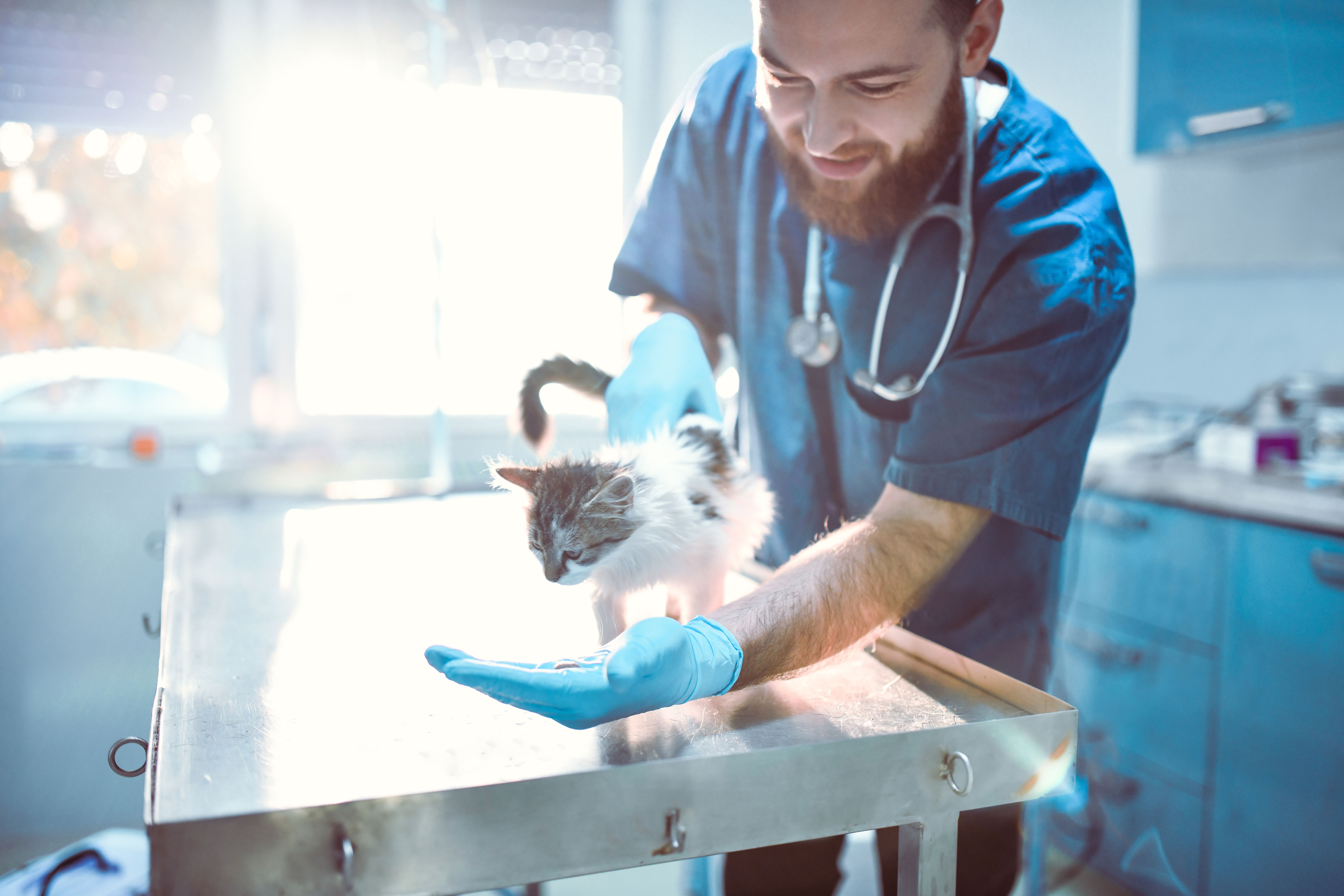Why You Should Avoid Medicating Your Pet Before Grooming Sessions
Understanding the Risks of Medicating Your Pet
As a pet owner, you naturally want to ensure your furry friend's grooming experience is as stress-free as possible. However, reaching for medication as a quick fix can lead to unforeseen complications. It's essential to understand the risks associated with medicating your pet before grooming sessions.
Medications intended to calm pets can sometimes have adverse effects, potentially causing more harm than good. Side effects such as drowsiness, dizziness, and even allergic reactions can occur, making the grooming process more challenging and potentially dangerous for both the pet and the groomer.

The Impact on Your Pet's Health
Medicating your pet without proper veterinary guidance can have long-term health consequences. Certain medications may interact negatively with existing health conditions or other medications your pet is taking. It's crucial to consult with a veterinarian before administering any medication.
In some cases, the use of sedatives or tranquilizers can lead to dependency or reduced effectiveness over time. Repeated use without professional oversight can cause your pet's body to adapt, requiring higher doses to achieve the same calming effect.
Alternative Methods for Calming Your Pet
Rather than resorting to medication, consider exploring alternative methods to ease your pet's anxiety during grooming sessions. Behavioral conditioning and training can help your pet become more comfortable with the grooming process over time.
Additionally, there are several natural remedies and techniques you can try. Pheromone sprays, calming collars, and soothing music may help create a more relaxing environment for your pet. These methods often provide a gentler approach to managing anxiety.

The Importance of a Professional Groomer
Choosing a skilled and experienced groomer is vital in ensuring your pet's comfort and safety. Professional groomers are trained to handle pets with various temperaments and can employ techniques that minimize stress without medication.
A professional groomer will also be able to recognize signs of distress or discomfort in your pet and take appropriate action. Their expertise can make a significant difference in how your pet perceives the grooming experience, potentially reducing the need for medication altogether.
Creating a Positive Grooming Experience
Building a positive association with grooming starts at home. Regularly brushing and handling your pet can help them become accustomed to being touched and manipulated, easing anxiety during professional grooming sessions.
Introduce grooming tools gradually and reward your pet with treats or praise for calm behavior. Over time, this conditioning can transform grooming into a more enjoyable experience for both you and your pet.

Consulting Your Veterinarian
If you believe medication is necessary for your pet's grooming sessions, always consult with your veterinarian first. They can provide valuable guidance on safe options and proper dosages tailored to your pet's specific needs.
Your veterinarian may also suggest other strategies or products that could help manage anxiety without the risks associated with medicating your pet. Working together, you can find a solution that prioritizes your pet's health and well-being.
Conclusion
While it might be tempting to use medication as a solution for a stressed pet during grooming, it's important to consider the potential risks and explore safer alternatives. By understanding these risks and seeking professional guidance, you can ensure that grooming remains a positive and stress-free experience for your beloved companion.
